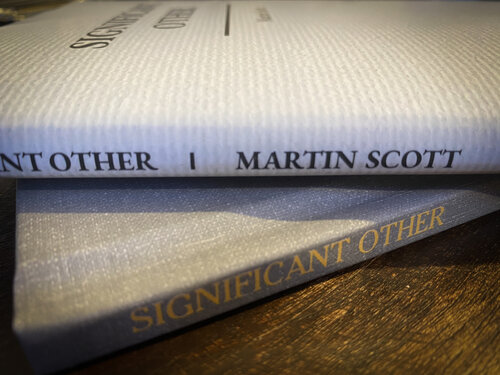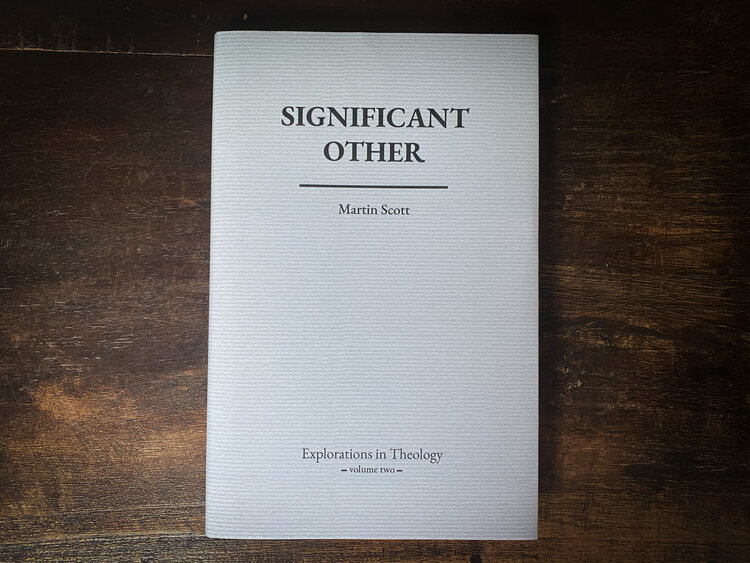One of my privileges is to participate in the Zoom groups that are discussing the first volume, Humanising the Divine. Preparing for, and thinking about, the discussion afterwards occasionally helps me see some new patterns. Some groups have been in the chapter on Cornelius this week, and in that chapter I touch on ‘alienation’ as being the result of the various falls. (Note to reader, I read those chapters Gen. 1-11 as myth, myth being used to communicate truth, and in that setting more profound than anything literal; I see Gen. 1 and 2 being from two different sources, they being complementary; Gen. 3-11 being the backdrop to the call of Abraham, the one called to be the agent t solve the issues Genesis 3-11 outline.
If alienation is the result then the work of the Cross is that of reconciliation. Not reconciling God, but the God who was in Christ was reconciling the world to himself.
So this pushed me to look again at the trees. The only tree that was forbidden being the tree of the knowledge of good and evil. The temptation by the serpent (seen in ancient texts as the provocative agent of wisdom – ‘wise as serpents’? – , later Jewish and Christian of course as the Satan, the adversary) was to become as God. This would mean they (humanity) could determine what was right and wrong. It outworks either without God – I decide; or as present within religion, with ‘god’, and my book / tradition on my side informing me what is right and wrong, and I act it out. The ‘I’ in both cases is at the centre.
The relevance of this for the Cornelius chapter is Peter, the Jew, comes on the scene with an ‘unclean / clean’ divide. He is one side, Cornelius the other. His first words when entering the house of Cornelius is ‘now I perceive’. He saw differently. God has not endorsed the line that Peter had drawn.
The cross (tree) that Jesus died on (symbolically) was that tree (of the knowledge of good and evil). The tree that divides, that puts me on the right side and you on the wrong side. He dies (as human representative) to being the one who can determine what was right and wrong. That alone is reserved for God. Who is in / out… what does in /out mean… is there an in / out… what is unclean / clean… God’s territory, not ours. Result of death – reconciliation where there is no Jew nor Gentile…
So we are to be careful in making judgements. While we are keen to be under the judgement (assessment / critique) of heaven at a personal level. There remains what is unclean and what is clean… I think a clue is what dehumanises, what endorses me as above someone else. We have to be tentative as to how we respond to this. Brings me to the second tree:
The tree of life. Not to be eaten from alone. Not eaten from and then given to someone else. There is something corporate in the eating, a prelude to the final great banquet. It is the source of life, and life is not what is consumed but in what is given. In the giving there is a return. I think we even see the corporate nature in the protection of that tree – ‘lest they eat and live for ever.’ Every Gospel meal with Jesus is eating fruit from that tree.
Alienation. Only overcome by embracing the ‘other’. It was never good for there to be a solitary human, so the ‘other’ is formed. The other can be seen as the opposite – and that is one of the alienations resulting from the falls; or seen as ‘flesh of my flesh’. Different, but equal – humanised. The other acts as the mirror to see oneself.
Post falls the other is blamed and scapegoated. The blame game is the source of alienation resulting from dehumanisation.
Sadly our currently polarised oppositional world illustrates how far we are off course. The major fuel for the oppositional stance is supplied by ideologies and religion (the tree of the knowledge of good and evil).
Time for Gospel meals. ‘All of you (including Judas) eat’. ‘Eat what is set before you’ and there is healing and peace in the home.
So we can make no judgements as to what is good and evil? That would make life easy would it not? Live and let live… The background though is leaning that way – do not judge otherwise you will be judged. That needs a little balancing out, cos we will be judged! The area of greater caution is that of ‘judging the world’. Paul said:
What business is it of mine to judge those outside the church? Are you not to judge those inside? God will judge those outside (1 Cor. 5: 12,13).
There is an appointed judgement but that is in the hands of the one appointed by God – the only true Human, Jesus.
But among those of us who follow Jesus. Seems Paul is saying ‘grow up’. You have been touched by the values of the age to come, when you will even judge angels – an indication that humanity in the image of God is closer to God than the angelic. If that is how we are to be then we should be able to sort out stuff among ourselves – even down to court cases (1 Cor. 6:1-3).
Never easy working all this stuff out. Don’t judge. Do judge. You will judge. A key seems to be that we give ourselves to ‘sincerity and truth’ (1 Cor. 5:8), and if anyone says ‘I follow Jesus’ but the core of their being is sexually immorality, greed, idolatry, slandering, drunkenness or swindling (1 Cor. 5: 11) we cannot ignore it. Pretty serious stuff as Paul says ‘Do not even eat with such people’. It seems there are two elements to help us move forward cautiously in this – we are to live personally with sincerity and truth; and the list is not simply pointing out traits but something at the core that they are giving themselves to (and of course we note that this is not something applied to those who make no claim to follow Jesus).




